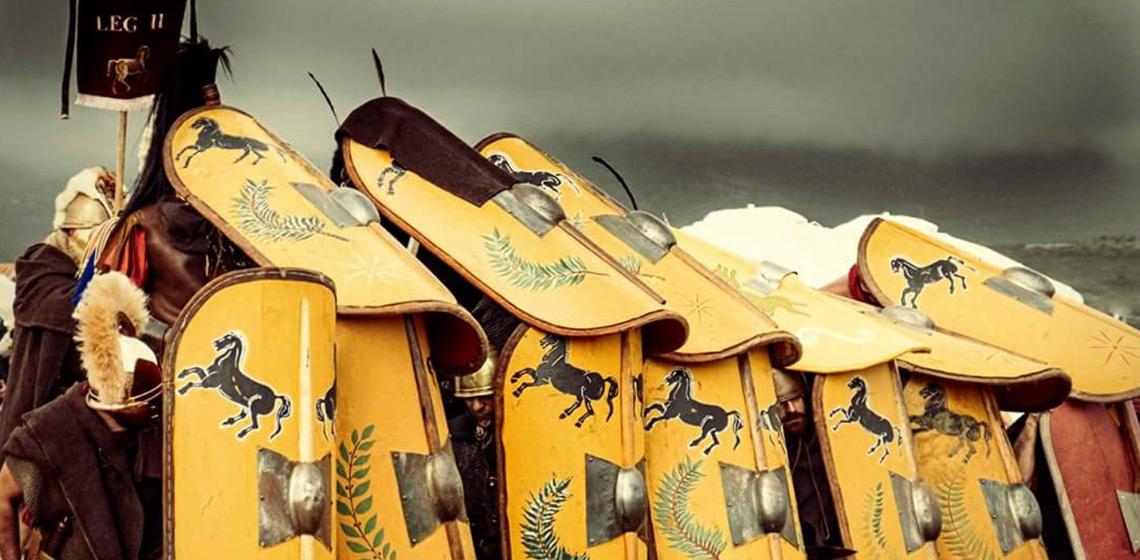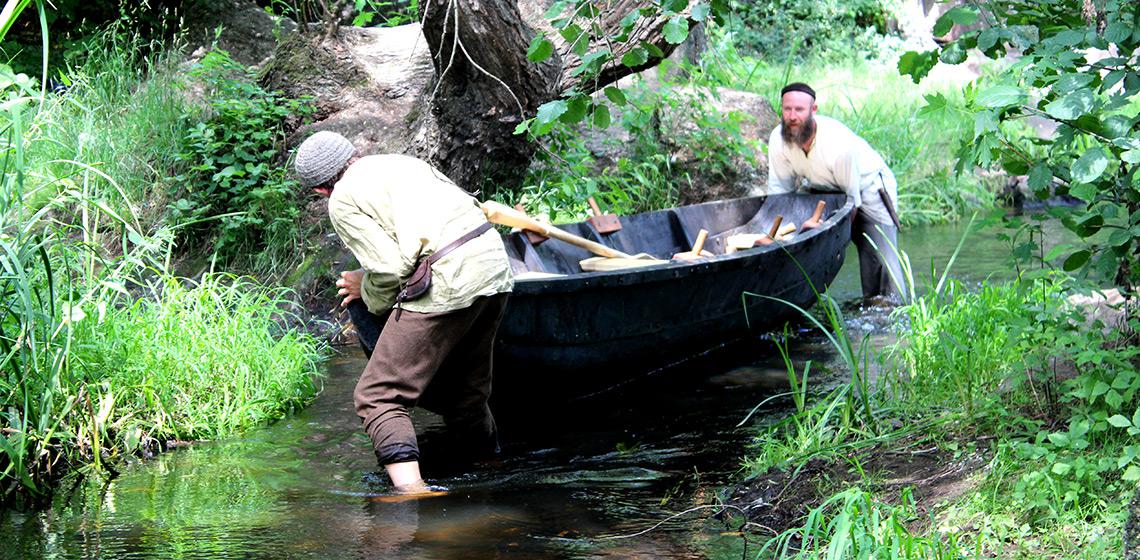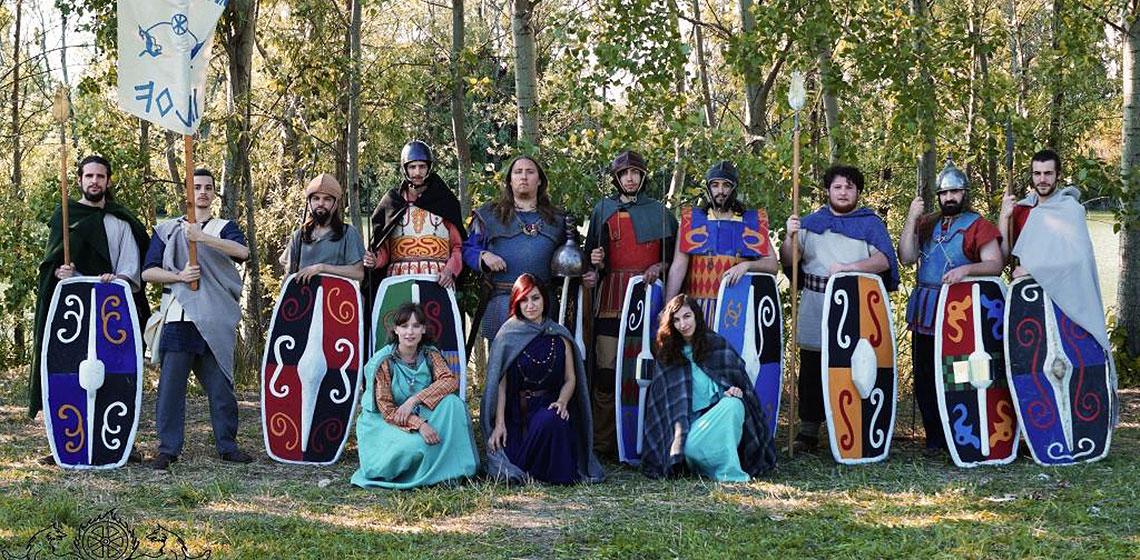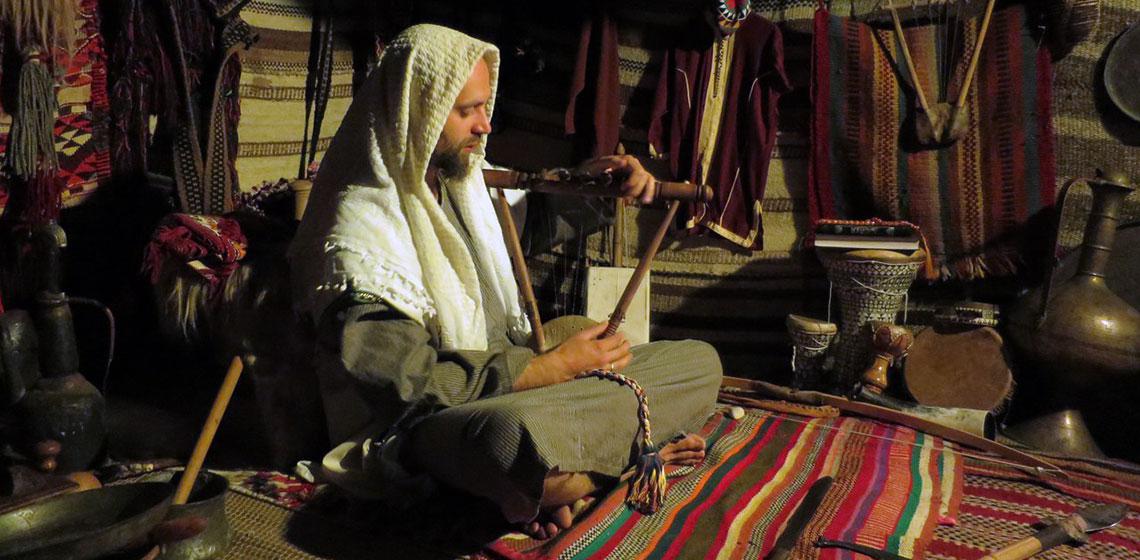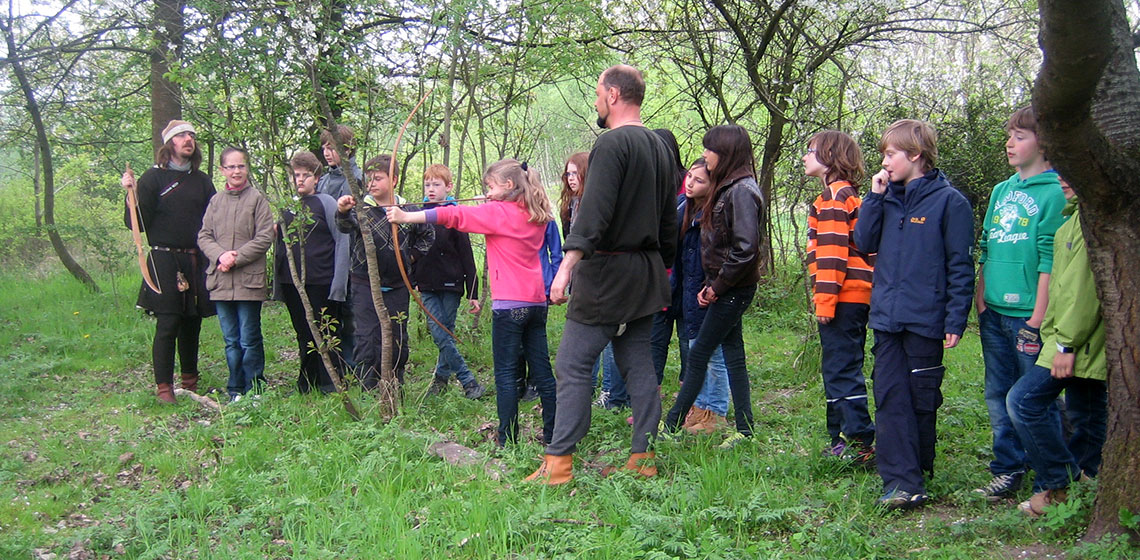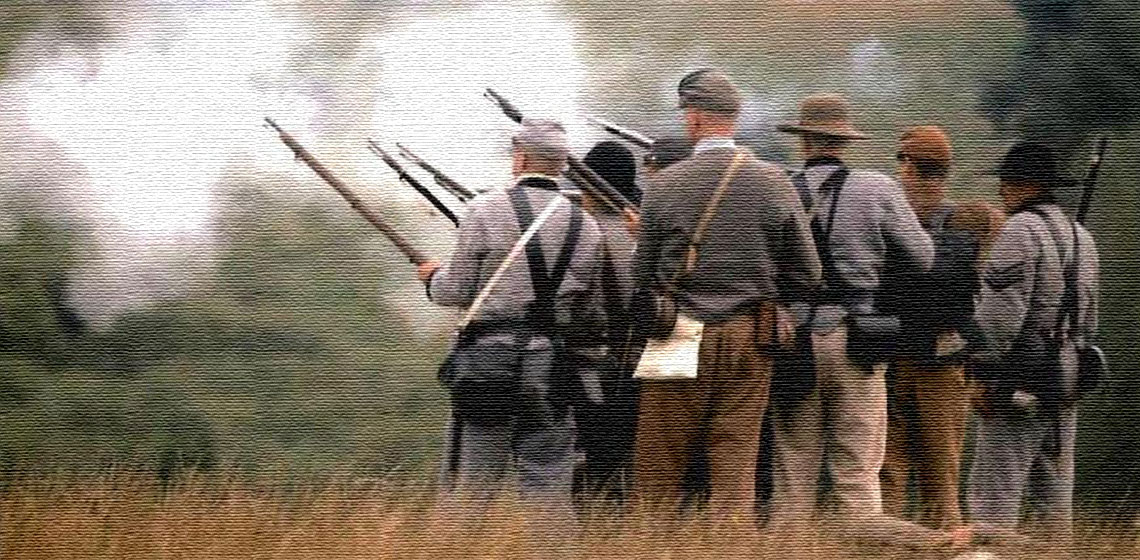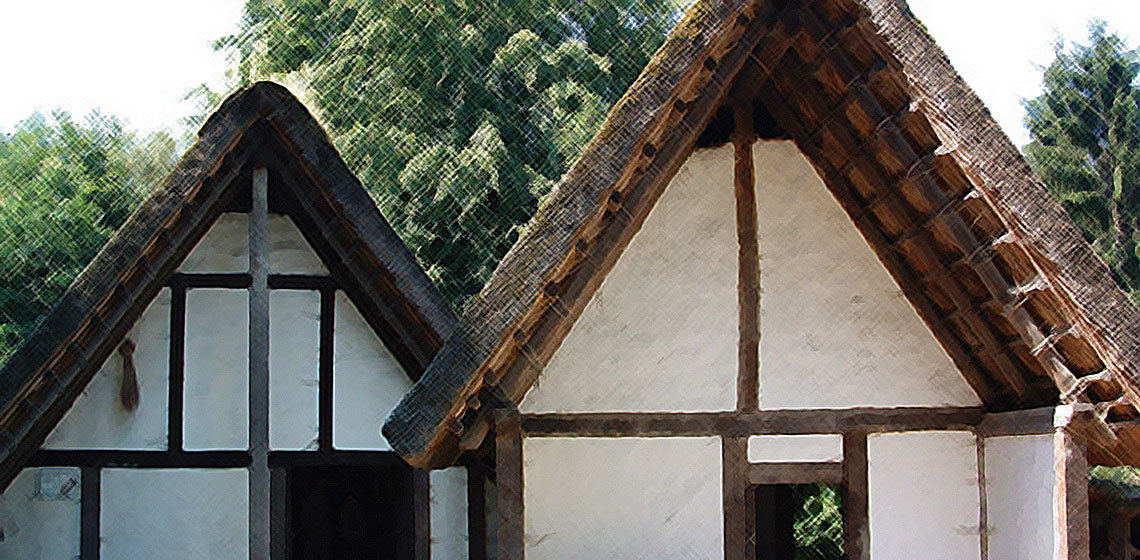Interpretation & Education
Visitors should enjoy and understand the museum they visit. Effective interpretation allows each visitor to personally connect with a resource or place and to care about the museums on their own terms. Interpretation is about getting the story across to the public. This can take place in text and images (text panels near showcases, guidebooks, websites, apps or movies), but can also be done by guide persons and is then called Live Interpretation: “any live interaction between museum / site staff and visitors” (Imtal-Europe).
Live Interpretation is an important method of presenting. It includes any interpretation, using living people to address the audience. One can simply start with guided tours, workshops and semi-formal School programs. If we move on to living history-type activities, we get demonstrations of historical craft, storytelling and costumed first- and third-person interpretation.
Check our Themed Collections:
Adult Education
Teaching Children
Interaction with Visitors
Featured EXARC Members Interpretation Groups
Colonial Williamsburg Foundation – EXARC Fellowship
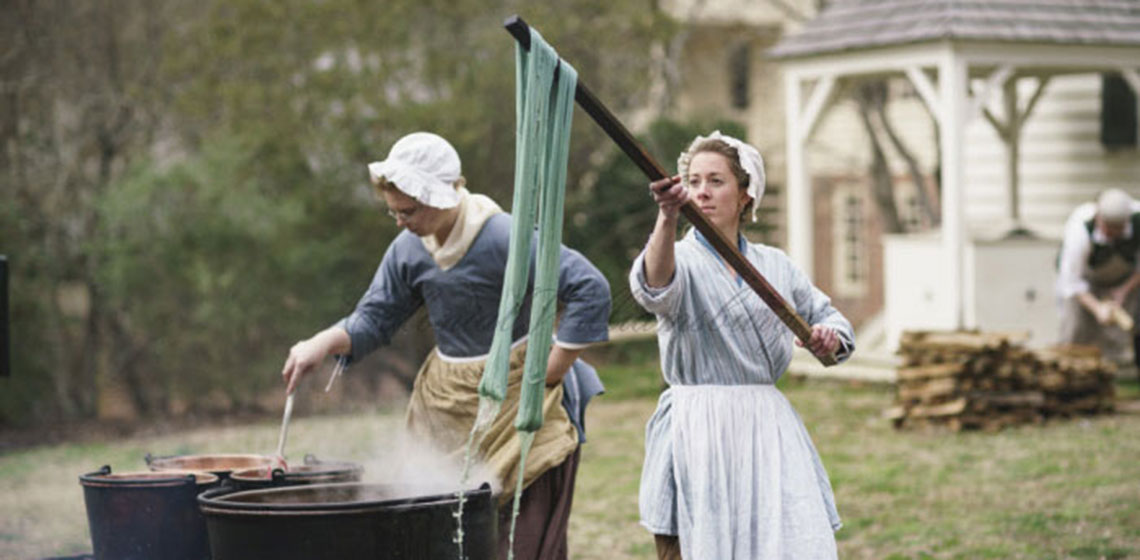
EXARC is proud to cooperate with America’s largest outdoor living history museum, Colonial Williamsburg, in an annual fellowship offer. The Colonial Williamsburg Foundation annually invites applications for the Colonial Williamsburg Foundation – EXARC Fellowship. Fellowships are an important component of the work of the Education, Research and Historical Interpretation Division. Fellowships primarily support research on topics related to British America, the American Revolution, and the Early Republic. Read more
Photo: Colonial Williamsburg
Grundtvig Learning Partnership at EXARC
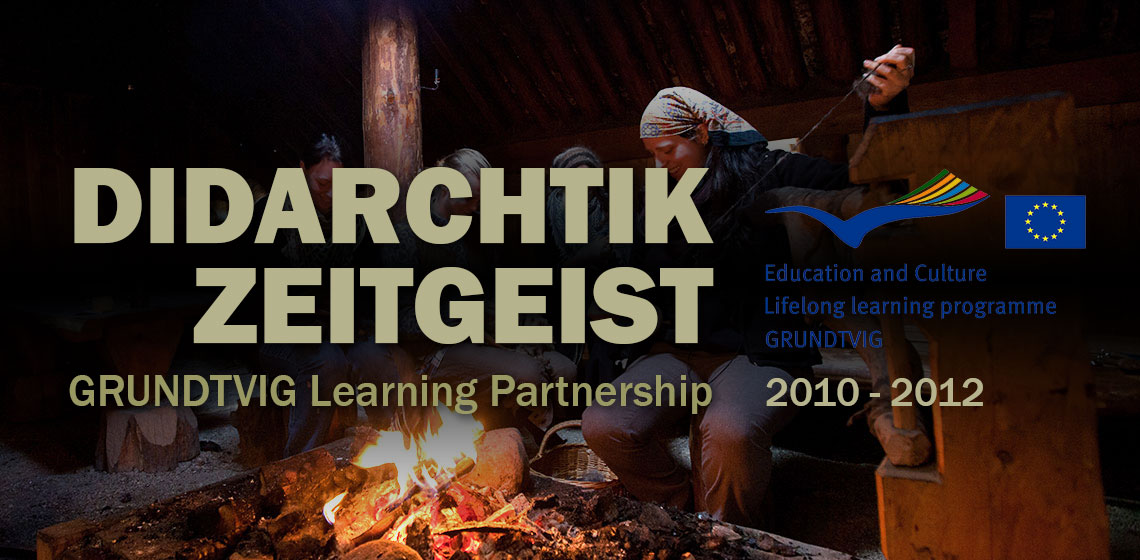
EXARC and a number of its members applied in 2010 for a Grundtvig Learning Partnership. Grundtvig was a part of the Lifelong Learning Programme (LLLP) of the European Union which among others involves Leonardo and Erasmus. The Grundtvig Programme was focussed on adult education and in our case involves several museums, open-air museums, universities and high schools.We worked with our partners from across Europe to share practice, discuss problems and compare solutions on our particular topics. Obviously our project was about non-formal learning in different aspects. While writting an application two projects have been formed: Didarchtik and Zeitgeist.
EXARC
Stichting Erfgoedpark Batavialand
att. EXARC
Postbus 119
8200 AC Lelystad
the Netherlands
Website: EXARC.net
Email: info@exarc.net
Creative Commons Licence
The content is published under Creative Commons Attribution Non-Commercial 4.0 License. If you have any queries about republishing please contact us. Please check individual images for licensing details.


